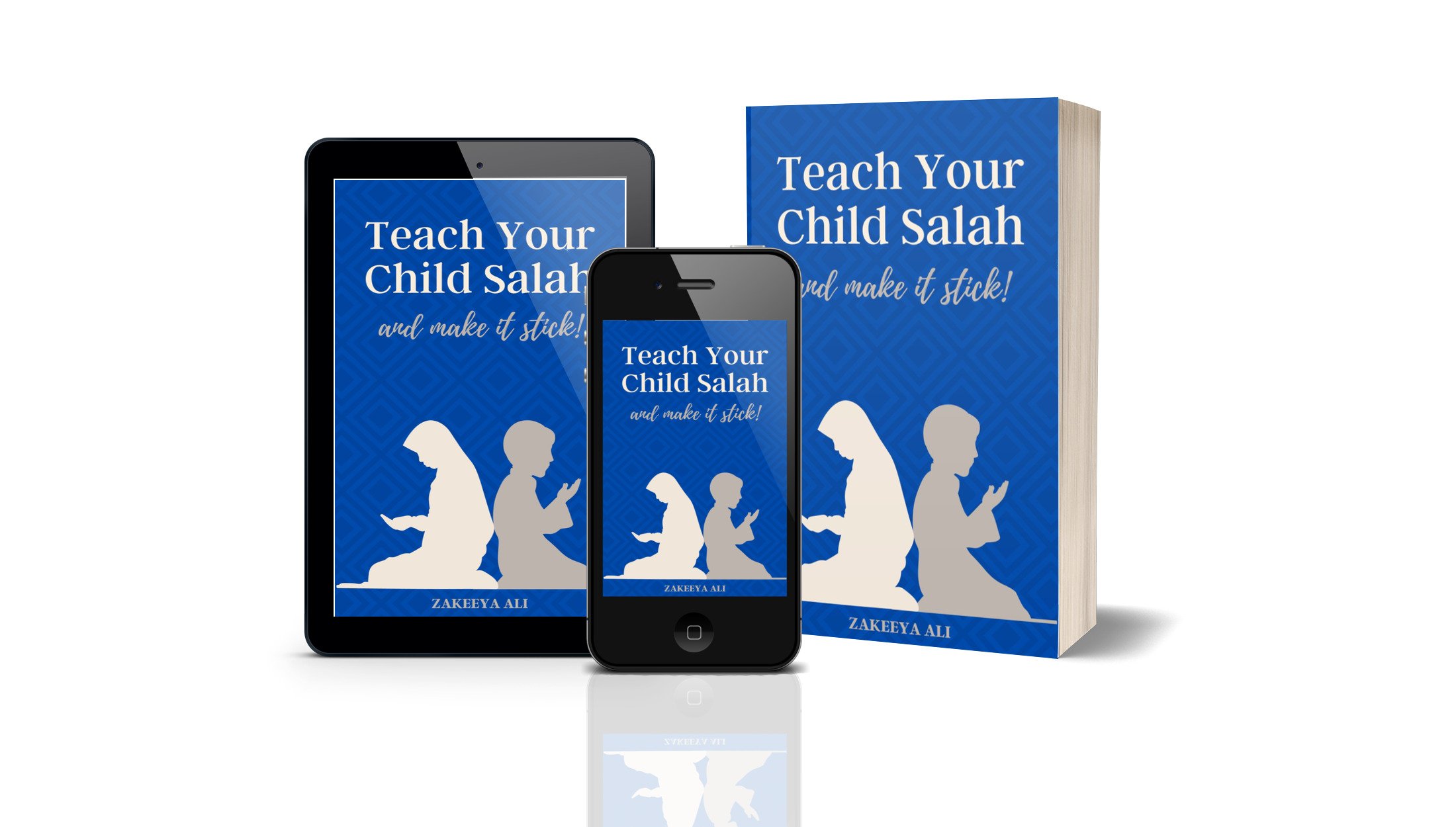The 10 Biggest Homeschool Myths
I meet many parents who ask me numerous questions about how I cope with homeschooling my children. Recently, a parent I met seemed quite amazed by my answers, because she had a lot of misconceptions about mothers who homeschool. I notice that many people are curious but quite ignorant about the homeschool way of life. So I felt the need to break the myths and tell it like it is. Here are the most common homeschool myths I've been asked, followed by what really happens:
Myth #1 - Parents who homeschool are home all the time
There is actually a bumper sticker sold at homeschool stores that reads, "Why do they call it homeschool if I'm never home?” I need to get that sticker one day because it is so true! I have to cut out so many outings in order to find days to stay home and get some work done on paper.
I cannot keep up with all the options available to educate my kids. Between field trips, play dates, the library, zoo, museum, science center, and many other extracurricular classes available for homeschoolers, I look forward to the simple days that we do stay at home to learn or just explore in the backyard.
Myth#2 - Parents who homeschool are with their kids 24/7
Firstly, kids will be kids, and all kids tend to get feisty at times. Our kids are our amanah (trust) and a test to us as parents with a great reward. Why wouldn't I want my kids around me more often than not? If a mother dreads being around her kids too much, her relationship needs contemplation.
However, to really answer myth #2, no, I'm not with my kids 24/7, and it's not healthy to be around anyone that much. At home, we have periods of rest time, reading time, and a set bedtime, so my kids are on their own at these times. They also attend classes outside during the week, and if ever I need a break to replenish, I tell hubby that I need to take a breather.
Myth #3 - Parents who homeschool have to teach all their kids
Most homeschool parents I know, do not stand in front of a whiteboard with a marker in hand to teach their kids the lesson of the day. Actually, I can't remember the last time I used our whiteboard (yes, I have one, as I thought that's what I was going to do when I first started homeschooling). The reality? My older children, who read independently, complete most of their work on their own.
It's shocking to know that kids are quite capable of learning anything by reading instructions; it’s training them for life and college. My job is to check their work and to offer them assistance when they need it. I am not their teacher, I am their facilitator. We provide our children with the tools to learn in the form of books, computers, workbooks, classes, tutors, etc.
As for my younger, non-readers, I casually read them lots of good books and help them learn to read and write. The idea is to get the younger ones to read well so they can teach themselves. Also, older siblings assist younger siblings, taking some of the load off the parent.
Myth #4 - Parents who homeschool are the sole educator and have to know every subject
I don't know every subject well, and I don't recommend that a homeschool parent be their child's sole educator. It is wonderful for children to have other instructors and be taught through different channels. One parent might not love math, and another parent might dislike science, and there are ways around this.
In my home, Daddy does math and Islamic Studies, Granddad does history over Skype, and my children have attended Quran, science, swimming, P.E., and life skills classes outside. Some parents exchange classes with other parents (called co-ops) and assist one another with the subjects they enjoy and excel at. There always seem to be options available.
Myth #5 - Parents who homeschool think their kids are better than kids who go to school
Firstly, as Muslims, how can we judge one another? Secondly, as a homeschooler, I am too busy wondering if I'm doing the best for my children's education to worry about another. Most homeschoolers are trying to do what they think is best for their kids, just like parents who feel that sending their kids to school is best.
Either way, you have to ask for guidance from the Almighty, set your intentions straight, and know in your heart that you are doing what is best for your children. Homeschool parents face doubts and insecurities as well, but in different ways.
Myth #6 - Parents who homeschool prevent their kids from socializing and seeing the 'real world'
This myth is ridiculous and untrue. There are so many homeschooling organizations, families, and groups that want to hang out and have play dates, field trips, clubs, and co-ops together, that it can get pretty overwhelming. I had to cut-down on a few of these groups because the socialization just got too much at times.
As for seeing the real world? I never get that. In an attempt to answer this, it is a known fact that homeschooled children have more free time, so they assist their parents with many 'real world' happenings. In my opinion, kids in school are not in the “real world” anyway.
If you think about it, they are segregated in a class by age most of the day, which isn't how it is in the 'real world' later. Also, we don't need to toughen-up our kids to deal with the bad in life; they need to learn goodness first to overcome the badness later.
Myth #7 - Parents who homeschool are a special kind of mother
I hear parents often say, "I could never do it!” I am not qualified! “I'm just not the homeschool type!" Yes, I get it. I've made some of these statements myself, and many homeschoolers have made similar ones. Homeschool parents don't know it all, nor are they different or special in any way. As a mother, you were your child's first educator, and it is a natural instinct of a mother to be a teacher to her children.
Our strengths as homeschoolers also come from the support of other homeschoolers, realizing that our children can learn independently, researching the best learning styles and methods, and realizing the importance of reading and exploring as some of the most effective ways to learn something. Learning these basic principles with some methodology and a good curriculum is all it takes to educate your kids.
Myth #8 Parents who homeschool think all parents should homeschool and have it all figured out
As a homeschooler, I feel some parents really shouldn't homeschool their kids. Especially the ones who let their kids sit in front of a TV or computer all day, or expect their kids to do worksheets from morning to night—that's not homeschool.
Parents need to research and decide what is the best method for their kids to be educated, and they should always ask for guidance from Allah (SWT). Homeschool parents worry just as much as other parents about whether their kids are learning enough. A true educator knows that learning success is measured over time, not against another child.
Myth #9 - Homeschooling is expensive
Homeschooling can be expensive, just like anything else, if you allow it to be. Homeschooling can also be free by taking advantage of multiple resources at libraries or on the web. It can cost less than sending your child to school because you save on gas, school fees, lunches, tutoring, teacher appreciation, uniforms, books, supplies, etc., or it can cost just as much as sending your child to school.
It all depends on your budget and how you want to educate your child. Homeschooling does not break the bank any more than sending your child to school or educating your child in something else.
Myth # 10 - Some parents cannot homeschool because they can't cope “doing it all”
Actually, whether you homeschool or send your kids to school, the efforts are similar. No one should reach a point where they can't cope with life. I ask for help or pay for help if I feel I cannot cope. When my kids went to school, I used to drive them there and back, help them with homework, pack lunches and snacks, attend meetings, shop for uniforms, supplies, and teacher gifts, attend field trips, graduations, and school events, etc.
Whereas now, I help my kids with their learning paths in a different way that I find less tedious for them and me. My time is focused on what they need to learn, so I feel less stressed out about conforming to an institution's rules and tests. My homeschooled kids have more time to complete their tasks in order to understand the work, compared to completing their tasks in order to hand it in on time to their teacher.
In conclusion, I cannot emphasize enough the importance of respecting one another and showing tolerance for each other's educational philosophies. As a Muslim parent, the rule of thumb should be that as long as your intention is to follow the Quran and Sunnah in raising your children, the choice on how you educate your kids will not be steered wrong.
Some years I homeschool, and some years I send my kids to school - it depends on where we are in our lives. The important thing to remember is that Allah is the only One in charge, so keep doing your best and let him steer the way!
Salam, I’m Zakeeya!
I believe that making our homes a safe haven for our families, as well as being a wife and mother, brings us great blessings, contentment, and benefits to society as a whole. Since 2011, I've been dedicated to assisting Muslimas in finding tranquility in their roles, taking better care of themselves, and achieving inner peace. Our journey in this world is not an easy one, but I pray the tools and guidance I offer will help you face life's challenges with more gratitude and mindfulness. Join me as I share wifehood, motherhood, homemaking, and lifestyle solutions that make life more fulfilling for you as a woman! Read more about me here.























